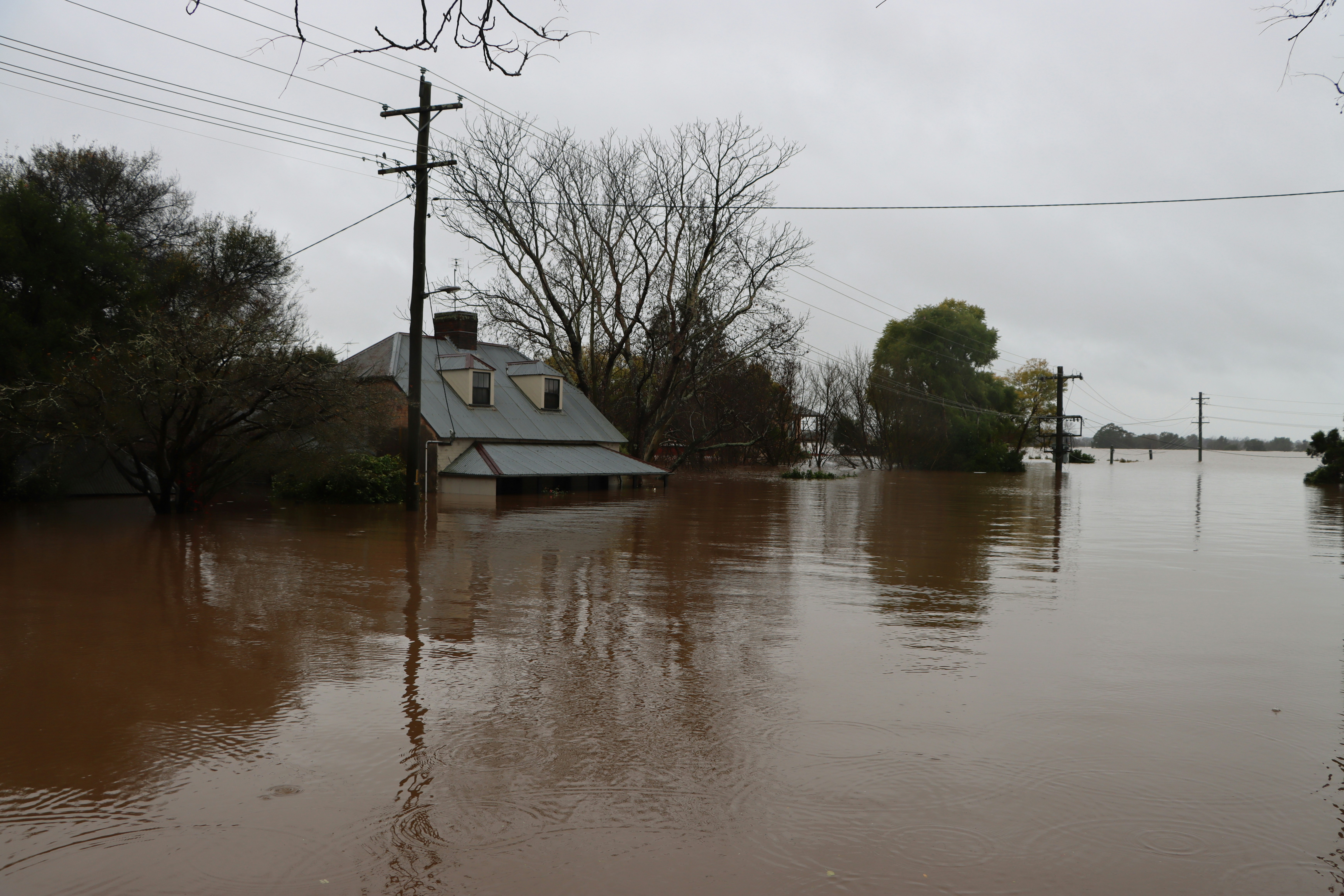News release
From:
Storms, floods, landslides associated with intimate partner violence against women two years later
156-country study shows climate shocks impact countrywide intimate partner violence on par with GDP.
Climate change-related landslides, storms and floods are associated with intimate partner violence against women two years after the event, according to a study published October 2 in the open-access journal PLOS Climate by Jenevieve Mannell from University College London and colleagues.
Low- and middle-income countries are disproportionately impacted by climate change’s acute (e.g., flooding) and chronic (e.g., rising sea levels) effects. Countries undergoing climate shocks are more likely to see increased intimate partner violence against women, possibly because climate disasters reaffirm the gender-based economic disparities.
Mannell and colleagues analyzed 363 nationally representative surveys from 156 countries to estimate the prevalence of intimate partner violence, defined as physical or sexual violence against a woman from her partner in the last year. Each survey represented one year of data for its respective country encompassing 1993-2019. Most countries had five or fewer years represented.
The researchers analyzed this data against climate shock data from the Emergency Events Database, filtering for eight events linked to climate change: earthquakes, volcanoes, landslides, extreme temperatures, droughts, floods, storms and wildfires.
They observed a lagged association between landslides, storms and floods (together, a hydro-meteorological climate variable) and intimate partner violence, with the association taking place two years following the climate event.
The researchers observed that this climate variable had a similar magnitude of effect on intimate partner violence to GDP, suggesting that “the association … may be similar to economic drivers of violence.” Higher GDPs were generally associated with fewer instances of intimate partner violence.
These results have implications for future environmental policies designed to mitigate the social and health impacts of climate change and “progress current efforts to … consider the enormous implications of climate-related [intimate partner violence] on women’s lives.”
The researchers encourage investigation into the differences between types of intimate partner violence as associated with climate events, long-term versus short-term impact and distinctions among countries and regions.
The authors add: “Recognizing the impacts that climate change has on intimate partner violence is critical, and countries can address this by implementing it into their Nationally Defined Contributions (NDCs) in support of The Paris Agreement.”



 Pacific; International
Pacific; International



